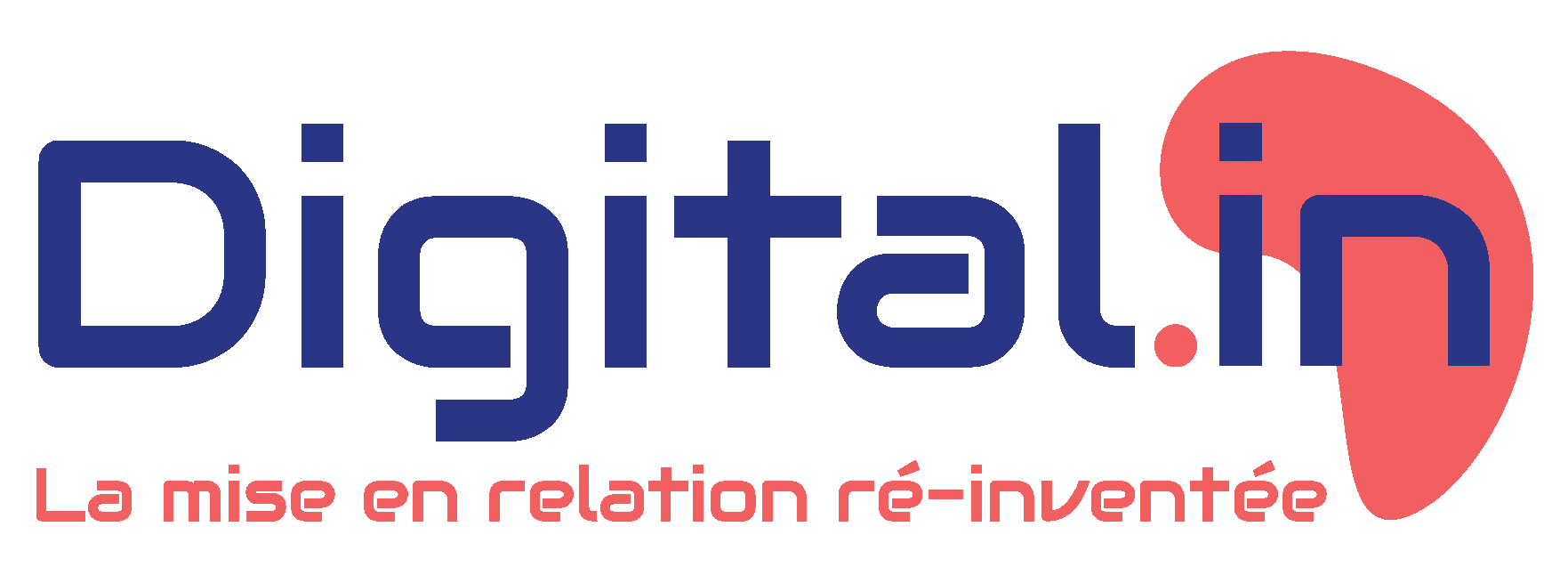Motivating employees … how do you do it?
In the business world and in the science sector, an issue that has been the subject of research for decades.
For a long time, organizations have tried to motivate their employees through external rewards : salary, bonuses, incentives … In the short term, these rewards may provide an incentive, but in the long term they do not contribute to employee motivation.
Extrinsic motivation no longer works
We have learned to reward the good and punish the bad. The good is then defined as: performing, productivity and achieving excellence. If the conditions are met, a person is rewarded. Otherwise, no.
However, organizations are increasingly finding that these forms of external rewards no longer work. Indeed, they are running into resistance from working people.
This is because rewards outside of ourselves (money, a car, status …) no longer feed people’s intrinsic drives. External incentives are based on the idea that we only seek to maximize our wealth and that motivation is something rational. This thinking is old and outdated.
Moreover, the nature of work has also changed. There is still routine work that is directed by others, but this type of work is currently being automated more and more. A large proportion of working people have begun to perform more complex work that requires more independence as well as creativity.
Motivation 3.0
External incentives such as bonuses and a higher salary do not work to fuel people’s creativity. They do work to some extent to stimulate routine work.
People need more than external rewards to be and stay motivated: they want to learn, create and improve themselves and the world….
How can we motivate people in non-routine jobs where independence and creativity take precedence?
According to Daniel Pink, best-selling author and business expert, the following 3 aspects are vital:
-
Autonomy
Autonomy is about the desire to be in control of our own lives.
Intrinsic motivation is driven by the ability of employees to make their own decisions about
– Their task (what they do)
– Their time (when they do something)
– Their team (who they do the task with)
– Their technique (how they perform the task)
Autonomy is not the same as independence or “I do what I want”. It is about having freedom of choice in our actions.
Scientific research indicates that autonomous people have better conceptual understanding, better results, greater perseverance, less burnout and higher levels of psychological well-being. Organizations would benefit from employees with these characteristics.
-
Mastery
Mastery is about the drive to get better and better at something that matters, which suddenly takes commitment to a task to another dimension.
Mastery is related to “flow”: the experience you get when a task completely matches the skills and talents you have. People who are allowed to perform tasks that are not too difficult but not too easy either, see themselves growing in mastery. And as a result, their engagement grows as well.
However, there are conditions attached to using mastery as an intrinsic motivator:
– The employee himself must be convinced that he/she can grow in his/her abilities
– It requires perseverance and passion from an employee: practice makes perfect.
-
Meaningfulness
Meaningfulness is the need to work on something bigger than ourselves.
People are naturally looking for meaning in their lives.
In modern society, meaning is at least as important as profit maximization.
People would rather work for a company with a clear universal vision and mission (see BLOG 3 – the importance of formulating a universal intention for every organization) that
– Uses its profits to achieve a higher, universal goal
– Looks beyond self-interest
– Allow their people to pursue meaning on their own terms.
When meaningfulness and profit go hand in hand, the organisations and the world will rejuvenate and improve.
There is a huge gap between the results of scientific studies on motivation and how business deals with it. Connecting what modern people aspire to and what organizations offer is a big but important job.
As long as organizations remain stuck in the old thinking and do not understand that people seek other motivators in their jobs, burnout and job failure will remain an exhausting reality.
Our society needs organizations that want to function on a universal level and people who want to use their high-level, creative and conceptual abilities. If we can bridge the gap and encourage organizations to let their people take charge of their work, expand their abilities and talents, and live meaningful lives, we will eliminate many modern “diseases and illnesses.”
All we want as human beings is a recognition of our humanity. Guarantee that this can take not only the organizations in which we work but also the economy and our societies to a higher dimension.
Source : Daniel H. Pink – 2018


















